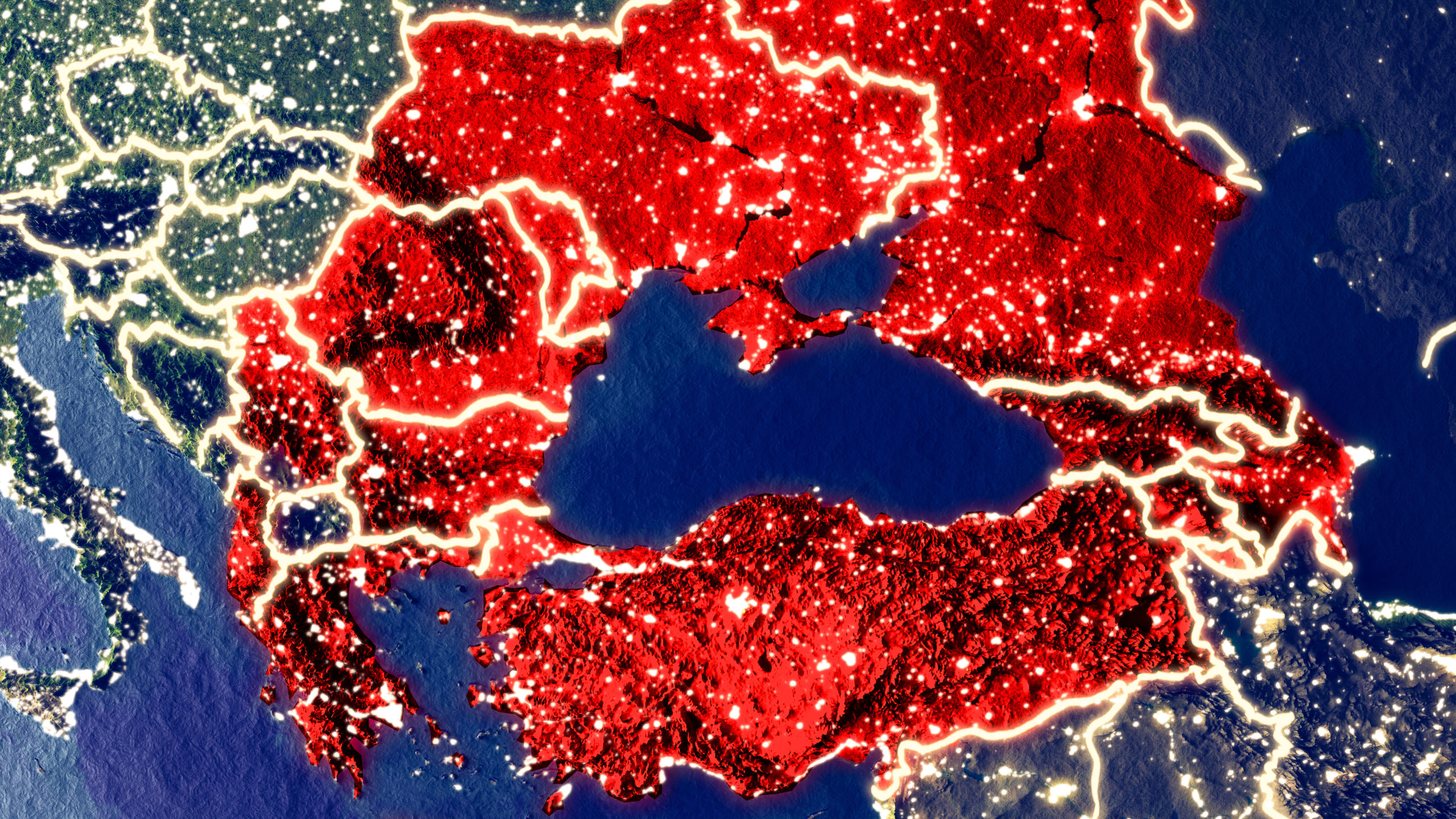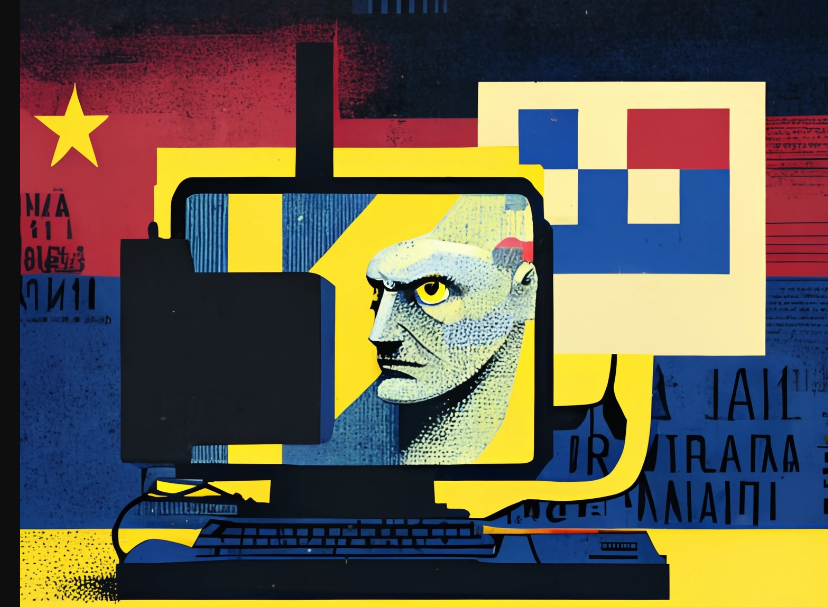February
2024
Summary
Since the beginning of the second invasion of Ukraine, the far-right and pro-Russian AUR party, led by George Simion, has had difficulties reconciling its support for conservative Russia with the critical attitude towards Russia held by most Romanians, including nationalists[1]. As we have shown in several Global Focus reports, AUR reacted to this challenge by trying to minimize the number of pro-Russian positions and maximize the number of anti-Ukrainian positions. But as the party stabilized in the polls at around 20%, its constituency expanded to include more of those who are motivated by disappointment with the current situation in Romania rather than by radical ideological positions. This expanded constituency does not necessarily share in AUR’s hostility towards Ukraine, ethnic and religious minorities etc.







